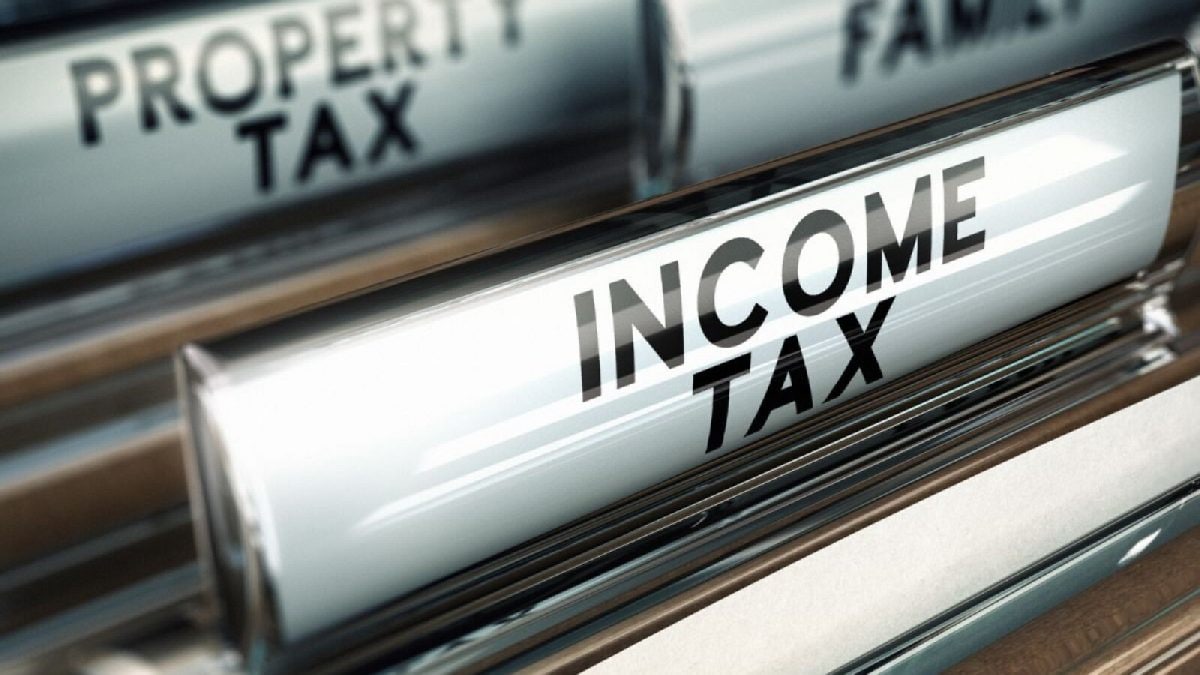Last Updated:
SBI in its pre-budget expectations recommended the government to consolidate the tax structure by phasing out exemptions under the old tax regime and transitioning all 8.2 crore taxpayers to the new tax regime.
The SBI report outlines three scenarios to evaluate fiscal and taxpayer implications.
As India prepares for the presentation of the Budget 2025 in the Lok Sabha on February 1, 2025, there are expectations for income tax relaxations, including higher income tax rebate and exemption. State Bank of India (SBI) in its pre-budget expectations recommended the government to consolidate the tax structure by phasing out exemptions under the old tax regime and transitioning all 8.2 crore taxpayers to the new tax regime.
In the Budget 2024, the government initiated an extensive review of the Income Tax Act, 1961, aiming to modernise and simplify the tax framework. According to reports, the government might introduce the new income tax bill in the upcoming budget session 2025 of Parliament.
SBI’s Pre-Budget Recommendations
State Bank of India (SBI) has urged the government to consolidate the tax structure by phasing out exemptions under the old tax regime and transitioning all 8.2 crore taxpayers to the new tax regime. Additionally, SBI proposed enhancing deductions under the National Pension System (NPS) from Rs 50,000 to Rs 1 lakh and doubling the medical insurance exemption under Section 80D from Rs 25,000 to Rs 50,000.
Shifting to the New Tax Regime: Potential Scenarios
The SBI report outlines three scenarios to evaluate fiscal and taxpayer implications:
- Case 1: Reduce the peak tax rate to 25 per cent for incomes above Rs 15 lakh, eliminate all exemptions (except healthcare at Rs 25,000 and NPS at Rs 50,000), and introduce a 15 per cent flat tax on bank deposits. Raising healthcare/ NPS limits to Rs 50,000/ Rs 75,000 (Scenario 1) or Rs 50,000/Rs 1 lakh (Scenario 2) could result in a revenue loss of Rs 74,000 crore to Rs 1.08 lakh crore.
- Case 2: Retain the 30 per cent peak rate for incomes over Rs 15 lakh but lower the slab for Rs 10-15 lakh earners to 15 per cent. Exemptions for healthcare and NPS remain at Rs 25,000/ Rs 50,000 but rise to Rs 50,000/ Rs 75,000 (Scenario 1) or Rs 50,000/ Rs 1 lakh (Scenario 2). This approach limits revenue loss to Rs 16,000–Rs 50,000 crore (0.14 per cent of GDP) while offering middle-class savings of Rs 34,500-Rs 1.15 lakh annually.
- Case 3: Hybrid model combining a reduced peak rate (25 per cent for greater than Rs 15 lakh) and lower intermediate slab (15 per cent for Rs 10–15 lakh). Exemption adjustments mirror Cases 1 and 2, leading to projected losses of Rs 85,000 crore-Rs 1.19 lakh crore.
Balancing Fiscal Health and Taxpayer Gains
The SBI highlights Case 2 as the most balanced, citing its modest fiscal impact (0.14 per cent of GDP) coupled with tangible benefits for middle-income groups. “By retaining the 30 per cent top rate, revenue risks are contained, while reduced rates for Rs 10–15 lakh earners directly boost disposable incomes,” the report notes.
Urban Consumption and Inflationary Pressures
Persistent inflation, particularly in food prices, has eroded urban disposable incomes, contributing to sluggish private consumption. Middle-class taxpayers argue they disproportionately shoulder direct tax burdens alongside high GST rates. Expectations for Budget 2025 include measures to incentivize savings and mitigate cost-of-living challenges, especially amid economic headwinds.
As the government navigates these demands, the SBI’s proposals underscore a critical trade-off: short-term revenue sacrifices versus long-term gains in compliance, consumption, and equitable growth. How policymakers reconcile these priorities will shape India’s fiscal trajectory in the coming year.







